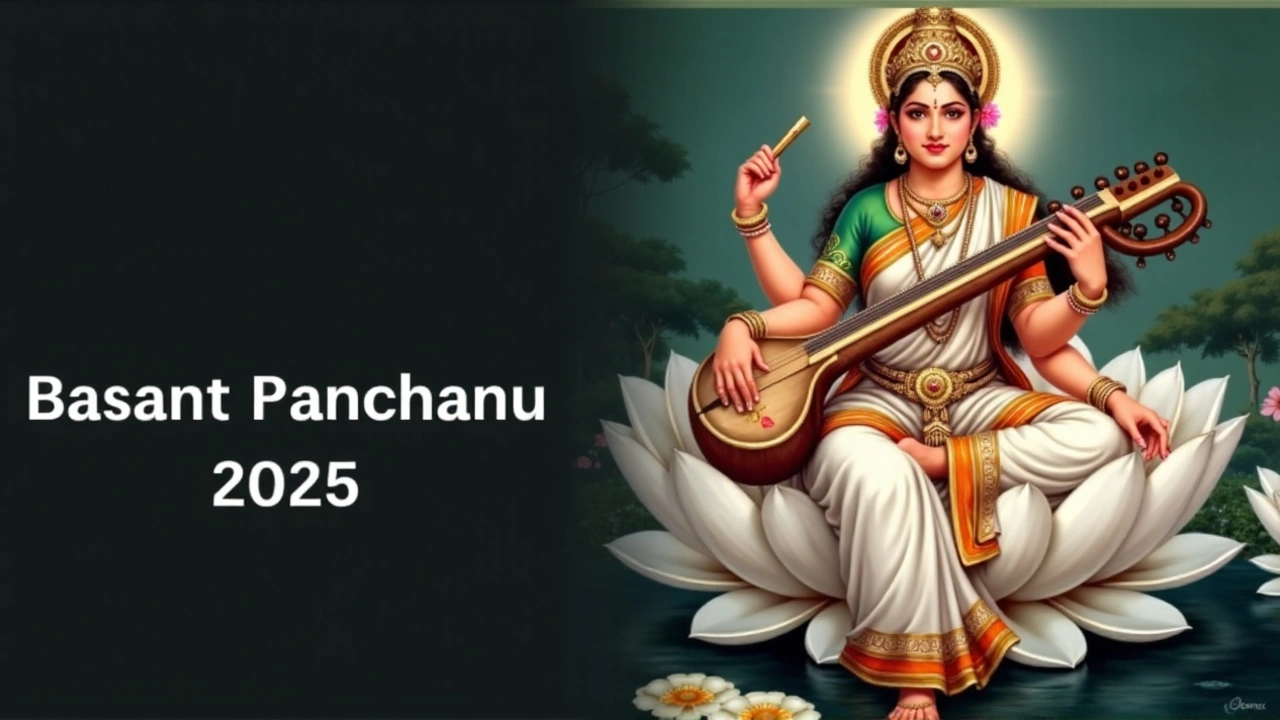Hindu Traditions: What You Need to Know
When you hear the word "Hindu," you probably picture colorful festivals, incense smoke, and lots of prayers. But Hindu traditions go far beyond big celebrations. They include everyday habits, family ceremonies, and ways people mark important moments. Below we break down the most common customs so you can see how they fit into daily life.
Festivals and Celebrations
India’s calendar is packed with festivals, each tied to a story from ancient scriptures. Diwali, the festival of lights, marks the return of Lord Rama to Ayodhya. Homes get cleaned, oil lamps are lit, and sweets are shared. Holi, the “festival of colors,” celebrates the arrival of spring, and people throw powdered pigments at each other while dancing to drums.
Another massive gathering is the Kumbh Mela, a pilgrimage that happens every 12 years at four different riverbanks. Millions take a dip in the Ganges, Yamuna, or other sacred rivers, believing it washes away sins. Even if you never attend, the event shows how deeply river worship runs in Hindu culture.
Rituals and Daily Life
Most Hindus start the day with a short puja (worship) at home. A small altar holds a picture or statue of a deity, a lamp, and a little offering of fruit or flowers. The ritual can be as simple as chanting “Om” while lighting the lamp. It sets a calm tone for the day and reminds people of their inner values.
Life‑stage ceremonies, called samskaras, mark milestones. A baby’s first name ceremony (Namakarana) usually happens within a month of birth. The coming‑of‑age rite (Upanayana) introduces a boy to a sacred thread, symbolizing his new responsibilities. Marriages are grand events that blend Vedic chants, flower garlands, and the exchange of vows while families celebrate together.
Food also plays a big part. Many Hindus follow a vegetarian diet during festivals or on specific days to honor the principle of ahimsa—non‑violence. Sharing meals, especially during festivals, reinforces community bonds.
These traditions aren’t static; they adapt to modern life. Young people might stream a puja on their phone or celebrate Diwali with eco‑friendly lamps. The core ideas—respect, gratitude, and connection—remain the same.
Understanding Hindu traditions gives you a window into how millions shape their identity, find meaning, and stay linked to an ancient past while living in today’s world.

Basant Panchami, celebrated on February 2, 2025, marks the beginning of spring and honors Goddess Saraswati, the deity of wisdom and arts. Observed widely in India, it involves vibrant customs like wearing yellow, reflecting the mustard fields in bloom, and performing Saraswati Puja. This festival underscores the significance of wisdom, learning, and cultural heritage, with families and educational institutions participating in the festivities.
